Personal Finance
Financial Planning and Strategy
Educational Resources / Personal Finance
What is financial planning?
Financial planning is a process of assessing your current financial situation and creating a strategy to achieve your financial goals. It involves understanding your income, expenses, savings, and debts to get a clear picture of where you stand financially. The key is to make informed decisions about how to save, spend, and invest your money.
This isn't just a one-time task but an ongoing process that adapts as your life and financial situation change. Essentially, financial planning helps you manage your money effectively, ensuring you're prepared for both present needs and future goals, like buying a house or planning for retirement. read more
Personal Finance and Saving Money
What is Envelope Budgeting 101?
This approach promotes disciplined spending and helps in avoiding impulse purchases. The system, suitable for those comfortable with handling cash, involves tracking expenses and allocating specific amounts to each category.
It also offers digital alternatives for modern convenience but requires commitment and may not be ideal for everyone.
read more
Personal Finance and Managing Debt
Multiple Ways to Manage Debt
Common causes of debt and offers practical solutions. It identifies divorce as a major cause, often due to pre-existing debts and the high costs associated with separation. Unemployment and underemployment are also significant factors, leading to debt accumulation when income doesn't cover expenses.
Poor money management, highlighted as a key issue, stems from financial illiteracy and reliance on credit cards for immediate gratification. The trap of making only minimum payments on credit cards exacerbates debt due to high-interest rates.
Lastly, the post discusses the unique financial challenges faced by military personnel, such as frequent relocations and the pressure to avoid seeking help for fear of career repercussions. read more
Personal Finance
and Money Habits
The Importance of a Financial Mindset
Debt emphasizes the financial impact of bad habits like smoking, drinking, and overeating. It suggests quantifying the cost of these habits in dollars and cents to understand their true financial burden. For instance, spending on items like beer or lattes can add up significantly over time, impacting finances and health.
Creating a budget, automating good habits, and adjusting one's mindset to focus on long-term goals rather than short-term gratification. Seeking professional help for severe addictions and sharing one's journey with others for support and accountability.
Understanding the financial cost of bad habits can motivate change, leading to improved financial health and personal well-being. read more
Personal Finance and Economic Trends
Adapting to Economic Changes
The widespread financial struggles following COVID-19. It reveals that most age groups and demographics, especially lower-income and minority workers, have been hard hit, with many experiencing layoffs, pay cuts, or delayed retirement.
The change in spending and saving patterns, noting that while some have managed to cut expenses, others, particularly low-income workers, have found it challenging. It offers practical advice on increasing income and decreasing spending, such as gig employment, selling unused items, and budgeting effectively.
The post emphasizes the importance of managing debt and finding creative ways to cope with reduced income, providing hope and strategies for financial stability post-pandemic. read more
Personal Finance for Specific Groups
Budgeting, Saving, and Investing
It emphasizes the importance of creating a realistic budget using the 50/30/20 rule to manage income and expenses effectively. It also highlights the significance of paying down student loan debt, offering strategies like income-driven repayment and the debt avalanche method.
Building a solid credit history is discussed as a crucial step for future financial opportunities, along with starting early retirement savings to benefit from compound interest. Additionally, the article advises on setting up an emergency fund and avoiding common financial mistakes, such as overspending on wants or relying on unreliable financial advice.
This comprehensive guide aims to equip young adults with the tools needed for financial stability and success. read more
Personal Finance and Motivation
The Fastest Way to Save Money
Shift in mindset, encouraging individuals to view their financial journey with positivity and self-compassion, emphasizing that personal value isn't tied to debt, and advocating for mindfulness to ease financial stress.
Shifts gear to practicality, offering actionable tips on how to save money quickly through effective budgeting and smart financial habits, like reducing non-essential spending. A month-long journey of financial discipline, advocating for a no-spend period to reset spending habits and make more mindful financial choices.
Collectively, the posts blend inspiration with practical steps, motivating readers to take control of their finances and view the journey as a positive and empowering experience. read more
Frequently Asked Questions
*Disclaimer: Pacific Debt Relief explicitly states that it is not a credit repair organization, and its program does not aim to improve individuals' credit scores. The information provided here is intended solely for educational purposes, aiding consumers in making informed decisions regarding credit and debt matters. The content does not constitute legal or financial advice. Pacific Debt Relief strongly advises individuals to seek the counsel of qualified professionals before undertaking any legal or financial actions.








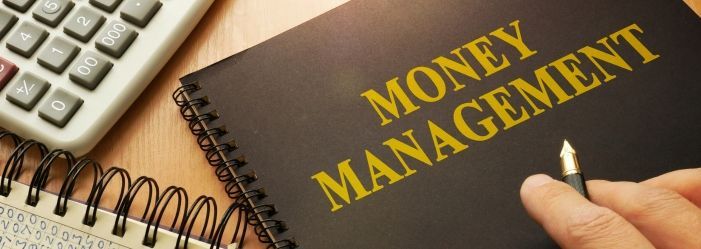












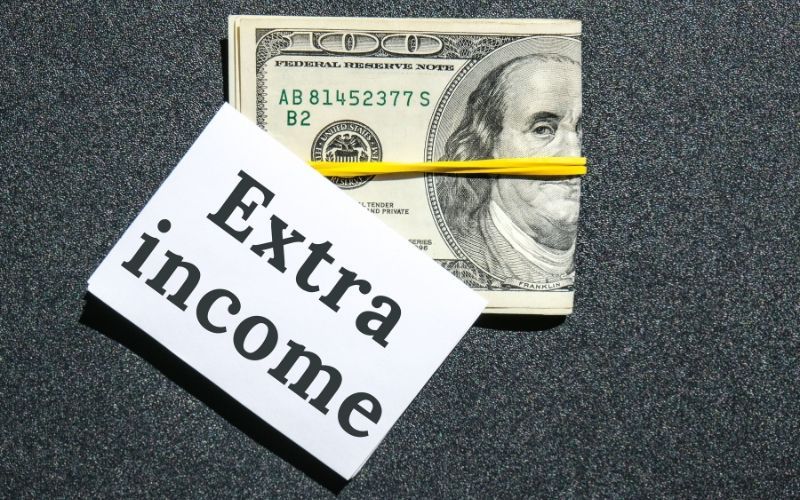

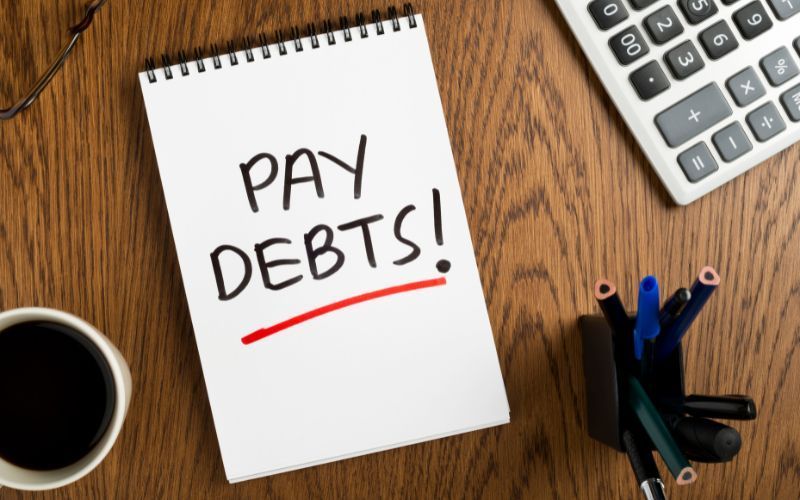




















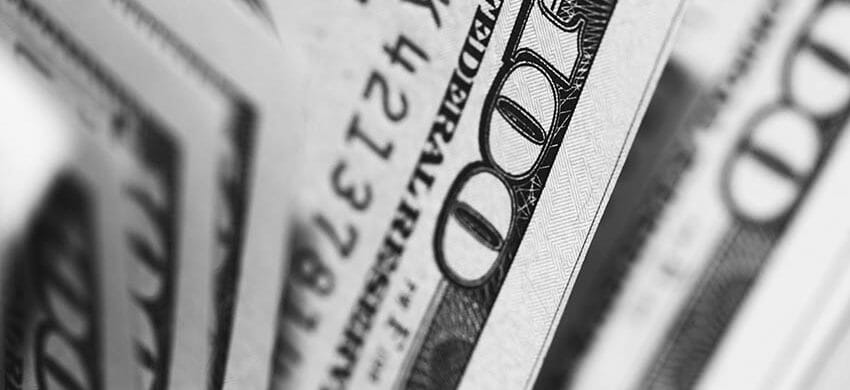
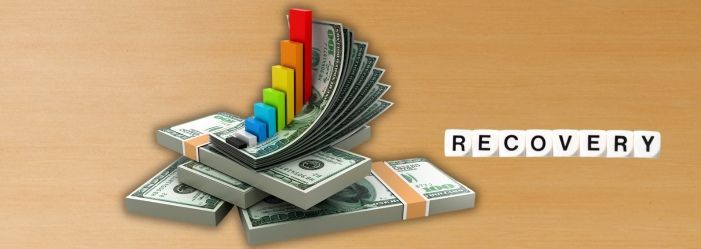


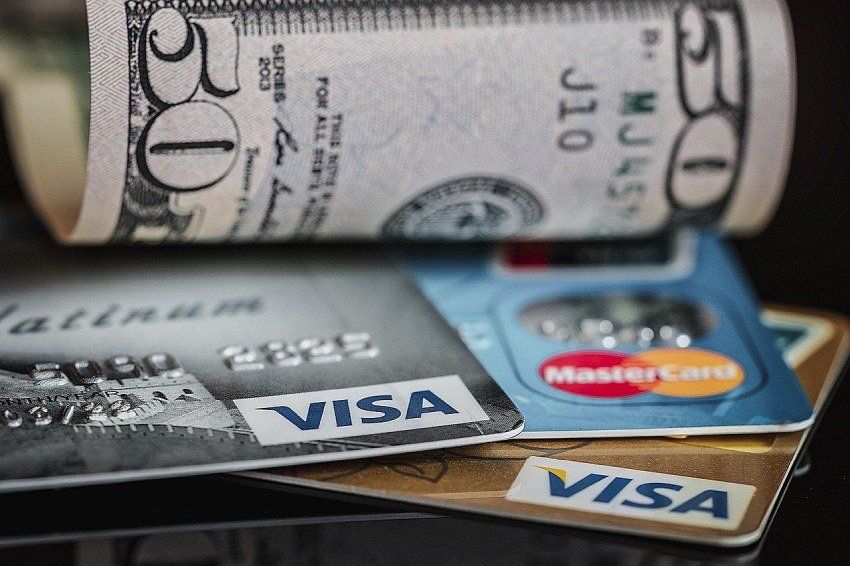


















 Do Not Sell My Personal Information
Do Not Sell My Personal Information